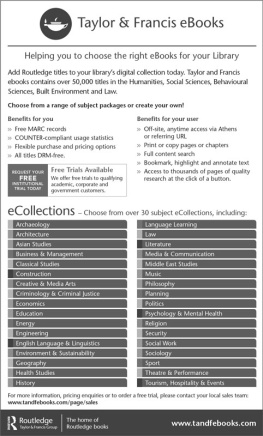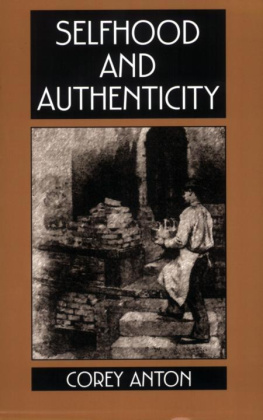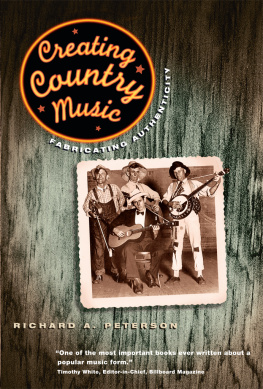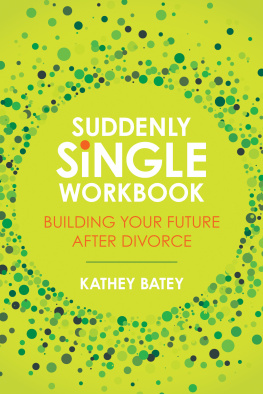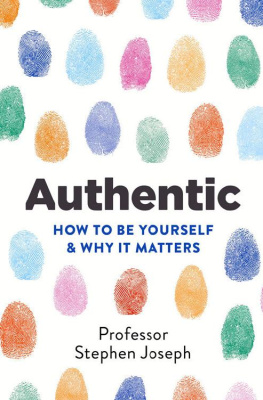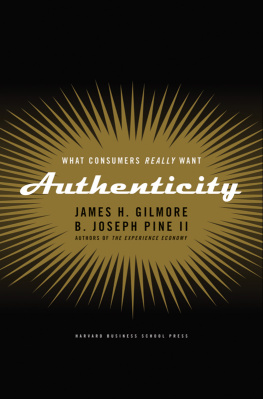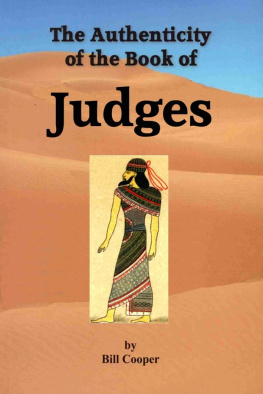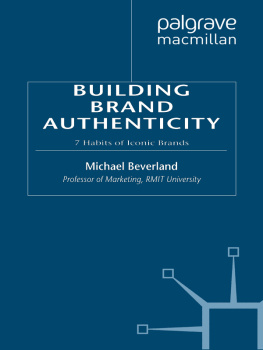Hip-Hop Authenticity and the London Scene
This book explores the highly-valued, and often highly-charged, ideal of authenticity in hip-hop what it is, why it is important, and how it affects the day-to-day life of rap artists. By analyzing the practices, identities and struggles that shape the lives of rappers in the London scene, the study exposes the strategies and tactics that hip-hop practitioners engage in to negotiate authenticity on an everyday basis. In-depth interviews and fieldwork provide insight into the nature of authenticity in global hip-hop, and the dynamics of cultural appropriation, globalization, marketization and digitalization through a combined set of ethnographic, theoretical and cultural analysis.
Despite growing attention to authenticity in popular music, this book is the first to offer a comprehensive theoretical model explaining the reflexive approaches hip-hop artists adopt to live out authenticity in everyday life. This model will act as a blueprint for new studies in global hip-hop and be generative in other authenticity research, and for other music genres such as punk, rock and roll, country, and blues, that share similar issues surrounding contested artist authenticity.
Laura Speers is a Teaching Fellow in the Department of Culture, Media and Creative Industries at Kings College London, UK. Her research interests include popular music, creativity and everyday life.
Routledge Studies in Popular Music
Recent titles in the series:
Voicing Girlhood in Popular Music: Performance, Authority, Authenticity
Edited by Jacqueline Warwick, Allison Adrian
Global Metal Music and Culture: Current Directions in Metal Studies
Edited by Andy R. Brown, Karl Spracklen, Keith Kahn-Harris, Niall Scott
Global Glam and Popular Music: Style and Spectacle from the 1970s to the 2000s
Edited by Ian Chapman, Henry Johnson
Queerness in Pop Music: Aesthetics, Gender Norms, and Temporality
By Stan Hawkins
Goth Music: From Sound to Subculture
By Isabella van Elferen, Jeffrey Andrew Weinstock
Popular Music Industries and the State: Policy Notes
By Shane Homan, Martin Cloonan, Jennifer Cattermole
Popular Music Fandom: Identities, Roles and Practices
Edited by Mark Duffett
Globalization and Popular Music in South Korea: Sounding Out K-Pop
By Michael Fuhr
Queerness in Heavy Metal Music: Metal Bent
By Amber R. Clifford-Napoleone
David Bowie: Critical Perspectives
Edited by Eoin Devereux, Aileen Dillane, Martin Power
Sites of Popular Music Heritage: Memories, Histories, Places
Edited by Sara Cohen, Robert Knifton, Marion Leonard, Les Roberts
Lady Gaga and Popular Music: Performing Gender, Fashion, and Culture
Edited by Martin Iddon, Melanie L. Marshall
Britishness, Popular Music, and National Identity: The Making of Modern Britain
By Irene Morra
First published 2017
by Routledge
2 Park Square, Milton Park, Abingdon, Oxon OX14 4RN
and by Routledge
711 Third Avenue, New York, NY 10017
Routledge is an imprint of the Taylor & Francis Group, an informa business
2017 Laura Speers
The right of Laura Speers to be identified as author of this work has been asserted by her in accordance with sections 77 and 78 of the Copyright, Designs and Patents Act 1988.
All rights reserved. No part of this book may be reprinted or reproduced or utilised in any form or by any electronic, mechanical, or other means, now known or hereafter invented, including photocopying and recording, or in any information storage or retrieval system, without permission in writing from the publishers.
Trademark notice: Product or corporate names may be trademarks or registered trademarks, and are used only for identification and explanation without intent to infringe.
British Library Cataloguing in Publication Data
A catalogue record for this book is available from the British Library
Library of Congress Cataloging in Publication Data
A catalog record for this book has been requested
ISBN: 978-1-138-95880-7 (hbk)
ISBN: 978-1-315-66104-9 (ebk)
Akala. (2010). What is Real? On Doublethink. Illa State Records.
Brothers of the Stone. (2013). Wisdom. On Brothers of the Stone. High Focus Records.
BVA of 3 Amigos. (2010). My Music. On World War 3. Real Life Drama Records.
Orifice Vulgatron of Foreign Beggars. (2003). Frosted Perspeks. On Asylum Speakers. Dented Records.
Inja. (2004). Truly Deep. On The Suffering in Silence. Inja Nu.
Micall Parknsun. (2009). All 4 Hip Hop. On First Second Time Around. YNR Productions.
Micall Parknsun. (2013). My Own Worst Enemy. On Me, Myself & Akai. YNR Productions.
Stig of the Dump. (2010). Hater. On Mood Swings. Lewis Recordings.
The privilege of a lifetime is to become who you truly are.
C.G. Jung
Check the mirror, and talk about the things you see
Hold a mirror up to life and talk about whats free
Cobblestones lyrics by Braintax
Thinking and writing about authenticity naturally makes one consider and question ones own authenticity. So, in many respects, my research and this book have been a personal journey about my authenticity as a hip-hop fan, researcher, and person. What follows in this section is my hip-hop history.
A girl handing me one of her Sony Walkman earphones and playing Just Dont Bite It by Niggaz With Attitude (N.W.A.) during a lunch break at school when I was 13, triggered my fascination and curiosity with hip-hop. How did this gangsta rap created in Compton in Los Angeles, cross the Atlantic, circulate, and reach a rural town in the Midlands of England? And why were my white middle-class friends so enthralled to listen to rappers profanely communicate misogynistic and violent experiences through their lyrics and music, which were so vastly different from our own? How does music end up so divorced from its original context and become appropriated by divergent people in different locales around the world? These questions have been with me as I maintained my interest and involvement in hip-hop through my teenage years into adulthood.
Listening to hip-hop DJ Tim Westwood on BBC Radio 1 (the UKs first national rap show)betrayed. This raises several questions: Why did both men feel a need to behave and talk in a specific way to be accepted? Do these cases suggest hip-hop authenticity is really about racial authenticity? And significantly, can anyone do hip-hop, or do some people have more legitimacy than others?
When Eminems The Slim Shady LP dropped in 1999, hip-hop was suddenly mainstream among my age group and was the cool music to listen to at school. Dr Dres 2001 album soon followed and was the soundtrack to every party and on everyones discman. As it was the pre-Napster and MP3 era, we were restricted by the CDs available in shops and songs we heard on the radio. My contemporaries and I were therefore only exposed to American rap. However, we were aware of the subtleties of different types of hip-hop and enjoyed trip-hop. It wasnt until 2005 when I moved to Newcastle for my undergraduate degree that I discovered UK hip-hop and the existence of a lively scene comprised of British artists. A friend introduced me to a specialist record shop down a side alley in the city. I distinctly remember being blown away by the type of music available and the now-familiar artist names, as well as new names, sitting on rows of vinyl and CDs in the little shop. It was a world apart from the high street music stores like Virgin and HMV that Id been used to.

